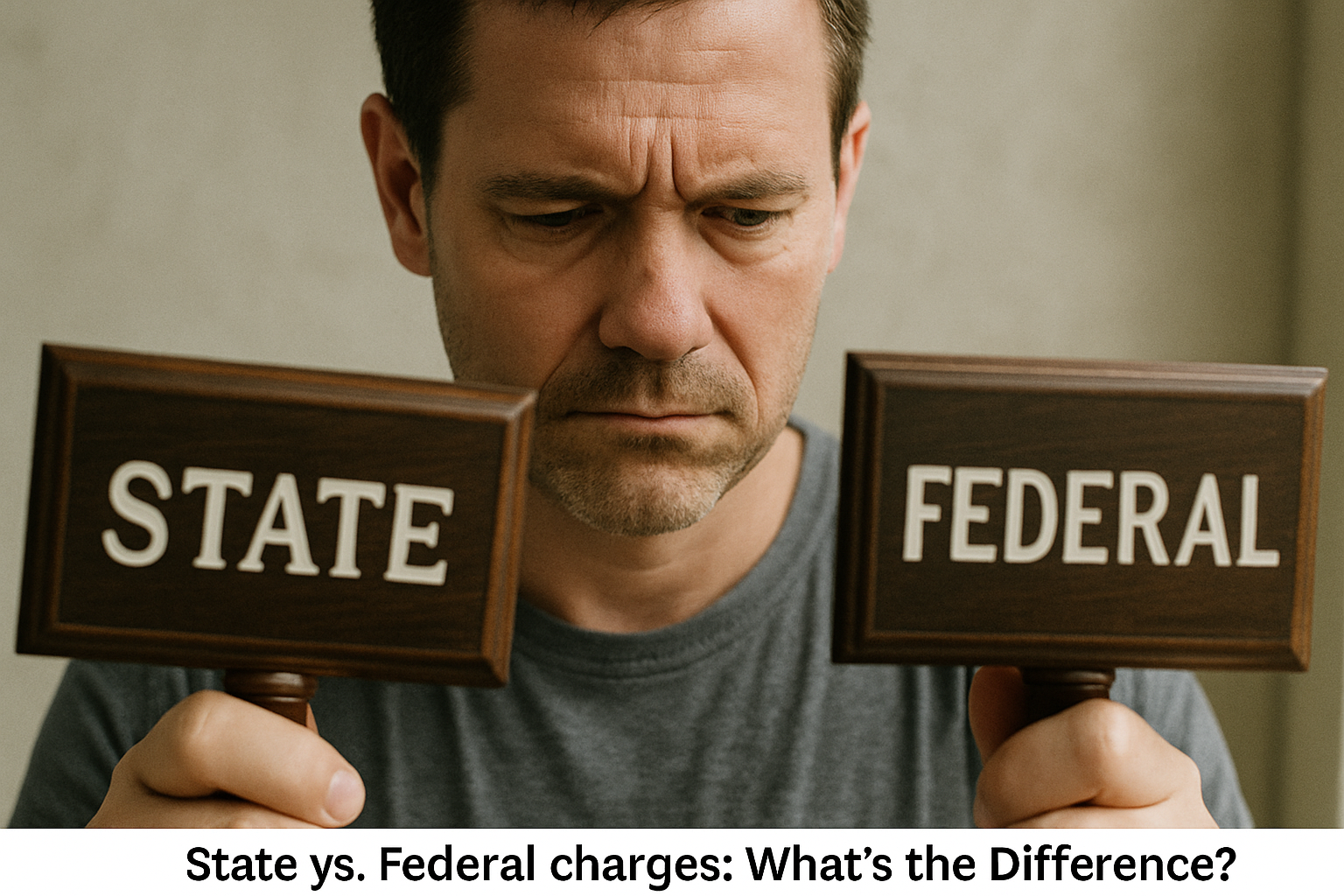What Is an Order of Nondisclosure and How Does It Work? A How-To Guide
Learn how an Order of Nondisclosure works in Texas and how an experienced attorney near you or lawyer near you can help seal your criminal record.

What Is an Order of Nondisclosure and How Does It Work? A How-To Guide
Even if you can’t erase your record, you may be able to hide it.
When expungement isn’t possible, Texas law offers another option: an Order of Nondisclosure.
In this post, you’ll learn what an Order of Nondisclosure is, who qualifies, how it works, and why working with an experienced attorney near you or lawyer near you is essential to protecting your future.
Step 1: Understand What an Order of Nondisclosure Is
An Order of Nondisclosure:
- Seals your criminal record from most public view.
- Prevents most employers, landlords, and schools from seeing your arrest or plea.
- Does not destroy your record like expungement — it hides it.
Key Point:
Nondisclosure seals your past — but doesn’t erase it completely.
Step 2: Know the Differences Between Expungement and Nondisclosure
When trying to clear your criminal record in Texas, it's important to understand the distinction between expungement and nondisclosure. Though both can help protect your future, they work in different ways:
- Expungement (also called expunction) completely erases the record from all databases. Once granted, it's as if the arrest or charge never happened. The public, employers, and even law enforcement will not have access to the information. However, expungement is rare and typically only available in very limited situations—such as if your case was dismissed, you were found not guilty, or you completed a pretrial diversion program.
- Nondisclosure, on the other hand, seals the record from the general public. That means private employers, landlords, and most others won't be able to see it. However, law enforcement and certain government agencies will still have access. Nondisclosure is more commonly available, especially if you completed deferred adjudication and met all the terms of your probation.
Key Point:
If you pled guilty and received deferred adjudication, nondisclosure is often your best—and sometimes only—optionfor limiting who can see your criminal history.
Step 3: Know If You Qualify for Nondisclosure
You may qualify if:
- You successfully completed deferred adjudication for an eligible offense.
- You have no subsequent criminal convictions.
- You meet any required waiting period (depending on the offense).
Key Point:
Most non-violent, non-aggravated sexual offenses qualify — but many serious sexual assault offenses do not.
Step 4: Understand When Nondisclosure Is Not Available
You are generally NOT eligible for nondisclosure if:
- You were convicted (not deferred) of a sexual assault.
- Your offense involved violence (including domestic violence), weapons, minors, or serious bodily injury.
- You committed certain serious felonies (capital murder, trafficking, aggravated kidnapping, etc.).
Key Point:
Eligibility depends heavily on the specific charge and outcome.
Step 5: File a Petition for an Order of Nondisclosure
You (or your attorney) must:
- File a Petition for Nondisclosure in the court that handled your case.
- Serve notice to the prosecutor's office.
- Attend a hearing (in some cases).
Key Point:
Prosecutors can contest nondisclosure — strong legal arguments often make the difference.
Step 6: Obtain the Court’s Order
If the judge grants your petition:
- The clerk sends the order to all state agencies.
- Background check companies are notified.
- Your sealed record won’t show up on most background checks.
Key Point:
Nondisclosure protects you from public and private background checks — but government agencies can still access it.
Step 7: Know the Limits of Nondisclosure
Even after sealing:
- Law enforcement, professional licensing boards, immigration authorities, and courts can still view your record.
- Certain jobs (teaching, healthcare, childcare, law enforcement) may still require disclosure.
Key Point:
Nondisclosure restores most opportunities — but not all.
Why an Experienced Attorney Is Critical
A skilled attorney near you will:
- Evaluate your eligibility carefully.
- File a precise petition to avoid delays or denials.
- Fight for nondisclosure even if prosecutors object.
- Help you understand what rights you regain — and what limits remain.
Key Point:
Mistakes or missed steps can cost you a lifetime of second chances.
Final Thoughts: Sealing Your Past Means Protecting Your Future
If you:
- Successfully completed deferred adjudication,
- Avoided conviction,
- Stayed out of trouble since,
you may be eligible to seal your record and rebuild your future.
Don’t leave your second chance to luck — fight for it.
The Law Office of Ray Vazquez uses real-world law enforcement, prosecution, and courtroom experience to seal records, protect futures, and restore reputations.
Call (832) 343-8023 today or visit rayvazquezlaw.com for a confidential consultation.


